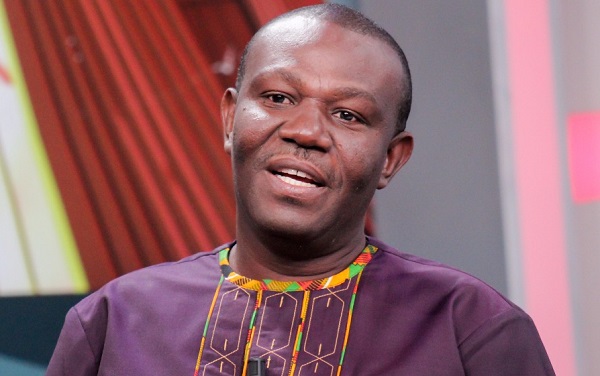


The Chairperson of the Energy Committee of Parliament, Mr Emmanuel Kwasi Bedzrah, Tuesday addressed the controversy surrounding the Energy Sector Amendment Bill, 2025, dismissed claims by the Minority that the government allegedly misled or lied to Ghanaians.
Addressing the Parliamentary Press Corps, in Parliament, Accra, Mr Bedzrah said, the energy sector debt stood at $3.1 billion, with $1.7 billion owed to Independent Power Producers (IPPs) and a monthly deficit of GH¢ 2 billion.
He explained that GH¢1 levy on every liter of refined petroleum product purchased will generate GH¢ 5.7 billion annually to support the power sector.
“The levy will not increase current fuel prices at the pump, which have already dropped from over GH¢16 per liter in January 2025 to an average of GH¢12 per liter,” he said.
Mr Bedzrah assured that the government will continue to provide funding to cater for the deficit, ensuring a reliable power supply for Ghanaians.
“The government remains committed to providing stable electricity, sound economic decisions, and long-term energy security for Ghanaians,” he said.
Addressing the Minority’s claims, the Chairperson of the Energy Committee emphasised that “all minority members were present during the committee meeting where the bill was discussed, and a majority decision was taken.”
“How then can you organise a press conference to say you were not informed nor consulted?” He queried.
“Let us not play politics with the power that lights our homes, powers our hospitals and drives our industries,” he urged.
On Monday, June 09, the New Patriotic Party (NPP) Minority Caucus in Parliament, at a press conference opposed the newly introduced eight per cent energy levy on petroleum products, equivalent to GH¢1 per liter, calling it a “betrayal of public trust” and “hypocrisy of the highest order.”
“We will not impose taxes to pay for the energy-sector debt,” Mr George Kwame Aboagye, the Ranking on the Energy Committee of Parliament, quoted Dr. Cassiel Ato Forson, the Minister of Finance, during the 2025 budget presentation.
“However, the NDC government has gone ahead to impose the levy,” Mr Aboagye said.
He highlighted differences between the E-Levy and the Dumsor Levy.
Mr Aboagye noted that the E-Levy was advertised in the budget and underwent public consultations, while the Dumsor Levy was “smuggled through” Parliament without notice. “E-Levy had a one per cent effective rate, while the Dumsor Levy is eight per cent per transaction, E-Levy exempted transactions below GH¢100, while the Dumsor Levy has no minimum threshold,” he said.
Mr Aboagye, also the NPP Member of Parliament (MP) for Asene-Manso Akroso, told the Press that while E-Levy had limited cascading effect, the Dumsor Levy will affect prices of transportation and goods.
On his part, Mr Kojo Oppong Nkrumah, the Ranking Member on the Economy and Development Committee of Parliament, proposed alternative solutions to address the energy sector debt.
He called for the renegotiation of Power Purchase Agreements (PPAs) to eliminate off-book debts, improvement of efficiency in GRIDCO, and ECG operations.
“There should be an investment in renewable energy to reduce fuel importation,” Mr Oppong Nkrumah said.
He noted that the Caucus will engage with Ghanaians, CSOs, and the media to highlight the negative impact of the Dumsor levy.
“We will stand in solidarity with driver unions and oil marketing companies opposing the levy and advocate for the withdrawal of the levy and adoption of more pragmatic options,” Mr Oppong Nkrumah, NPP MP for Ofoase-Ayirebi said.
Dr. Cassiel Ato Forson, the Finance Minister, on Tuesday, June 03 introduced the Energy Sector Levies (Amendment) Bill, 2025, to Parliament, proposing an increase in taxes on petroleum products.
The Bill, submitted under a certificate of urgency, aims to raise funds to address an alleged energy sector’s substantial debt and procure essential fuels for thermal plants.
The Bill proposes to peg the levy at GH¢1 per liter of fuel, up from the current 20 pesewas per liter charge on petrol and diesel.
According to Dr. Forson, the funds generated will be used to reduce the sector’s $3.1 billion debt and clear payment shortfalls.
“Mr. Speaker, the recent appreciation of the cedi will absorb the impact of the tax increase, resulting in no significant net effect on consumers,” he told Parliament.
In his reaction, Alexander Kwamena Afenyo-Markin, the Minority Leader, criticized the government for allegedly deceiving Ghanaians by introducing new taxes, including the proposed Energy Sector Levies (Amendment) Bill, 2025, while claiming to remove others.
Mr. Speaker, the government’s actions will further burden citizens, particularly given the economic challenges already faced.
Source: GNA
The post Government dismisses Minority’s claims on energy sector Amendment Bill as deliberate misinformation appeared first on Ghana Business News.
Read Full Story
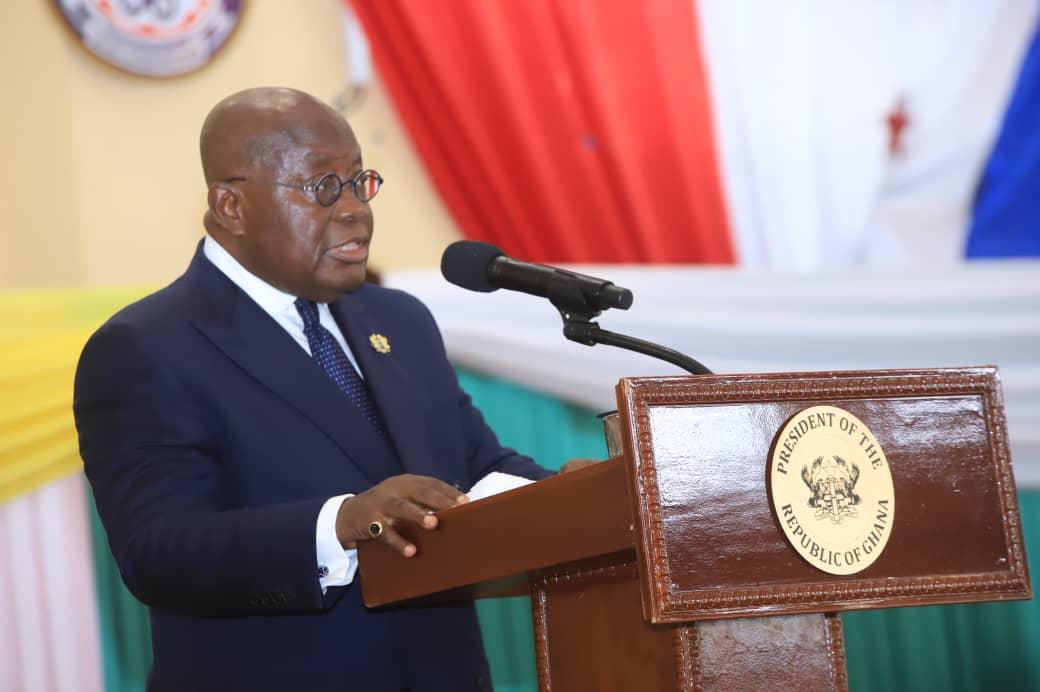

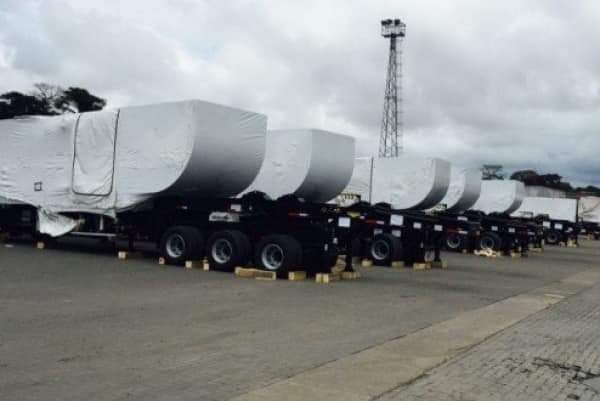
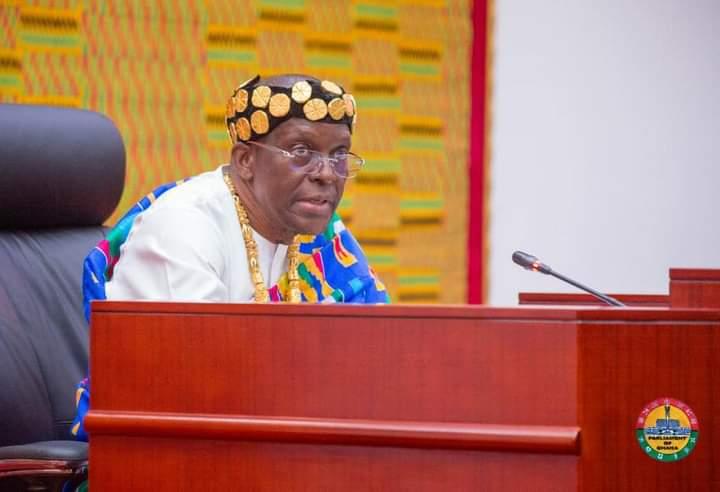
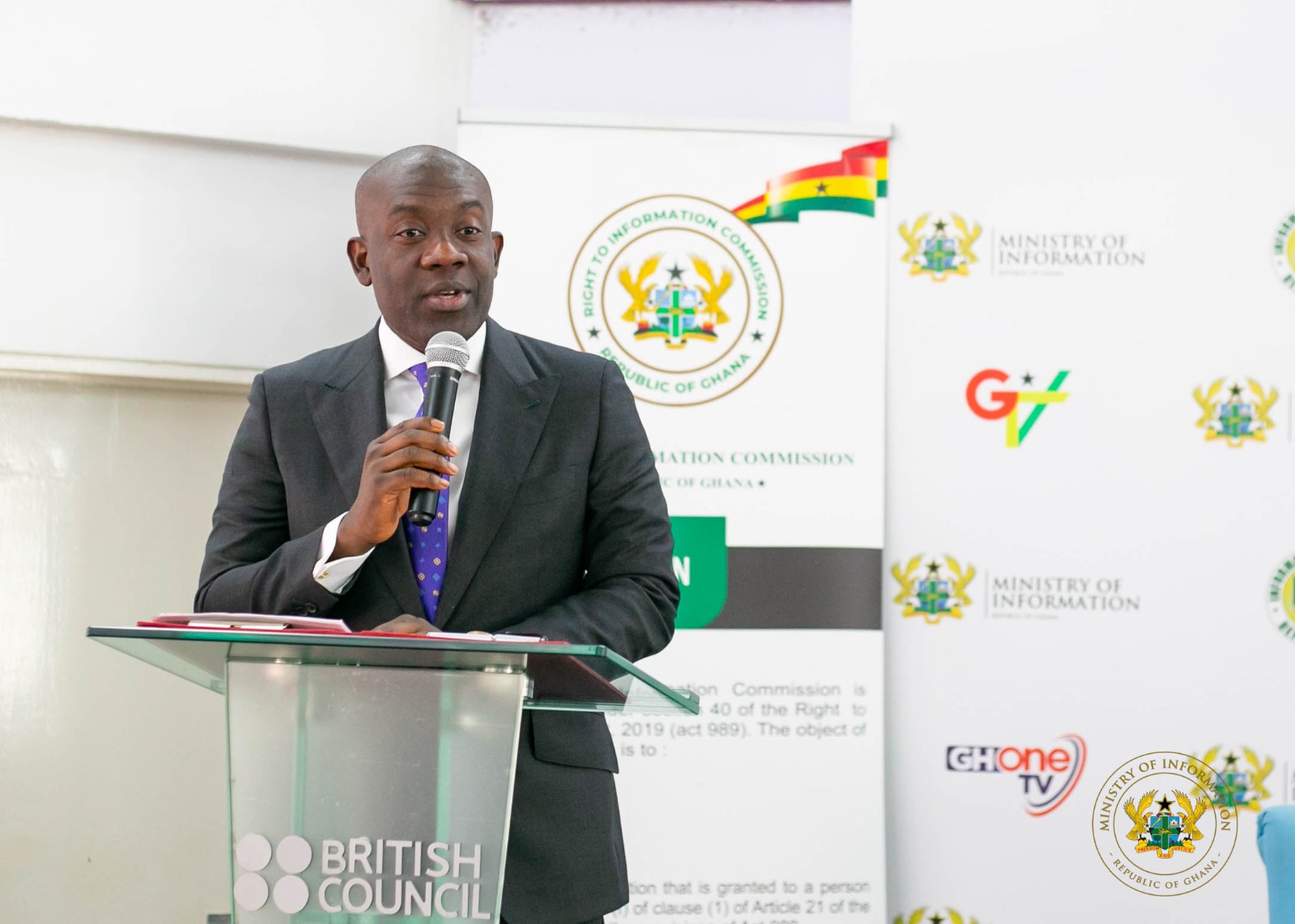

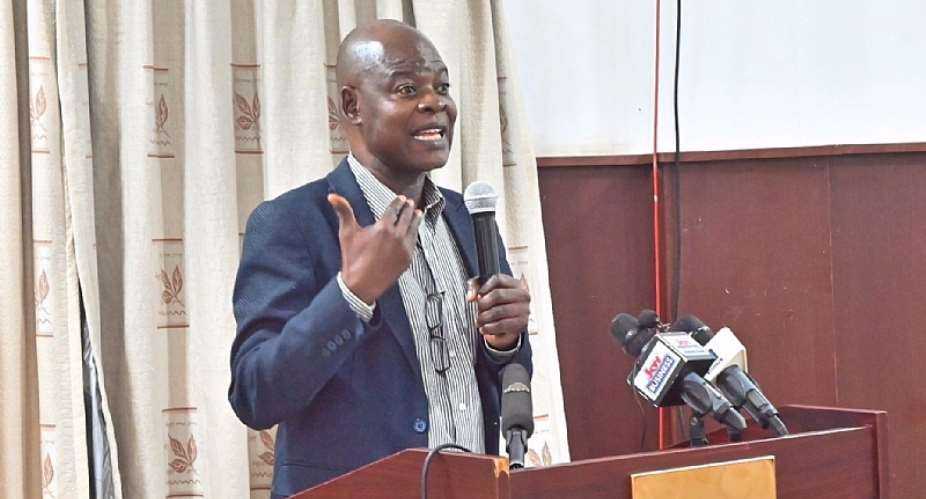



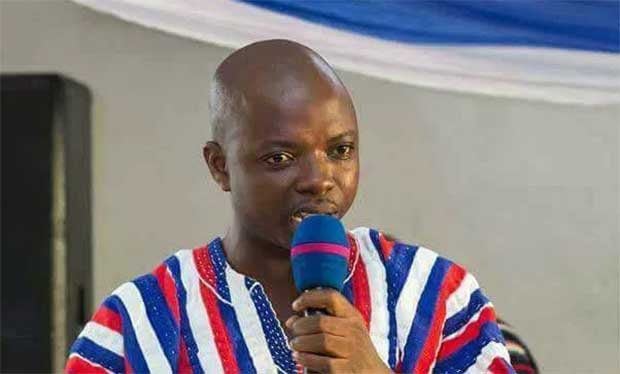





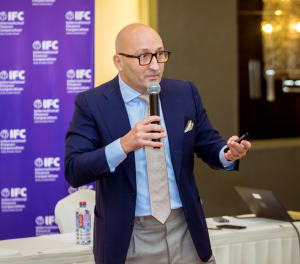


Facebook
Twitter
Pinterest
Instagram
Google+
YouTube
LinkedIn
RSS